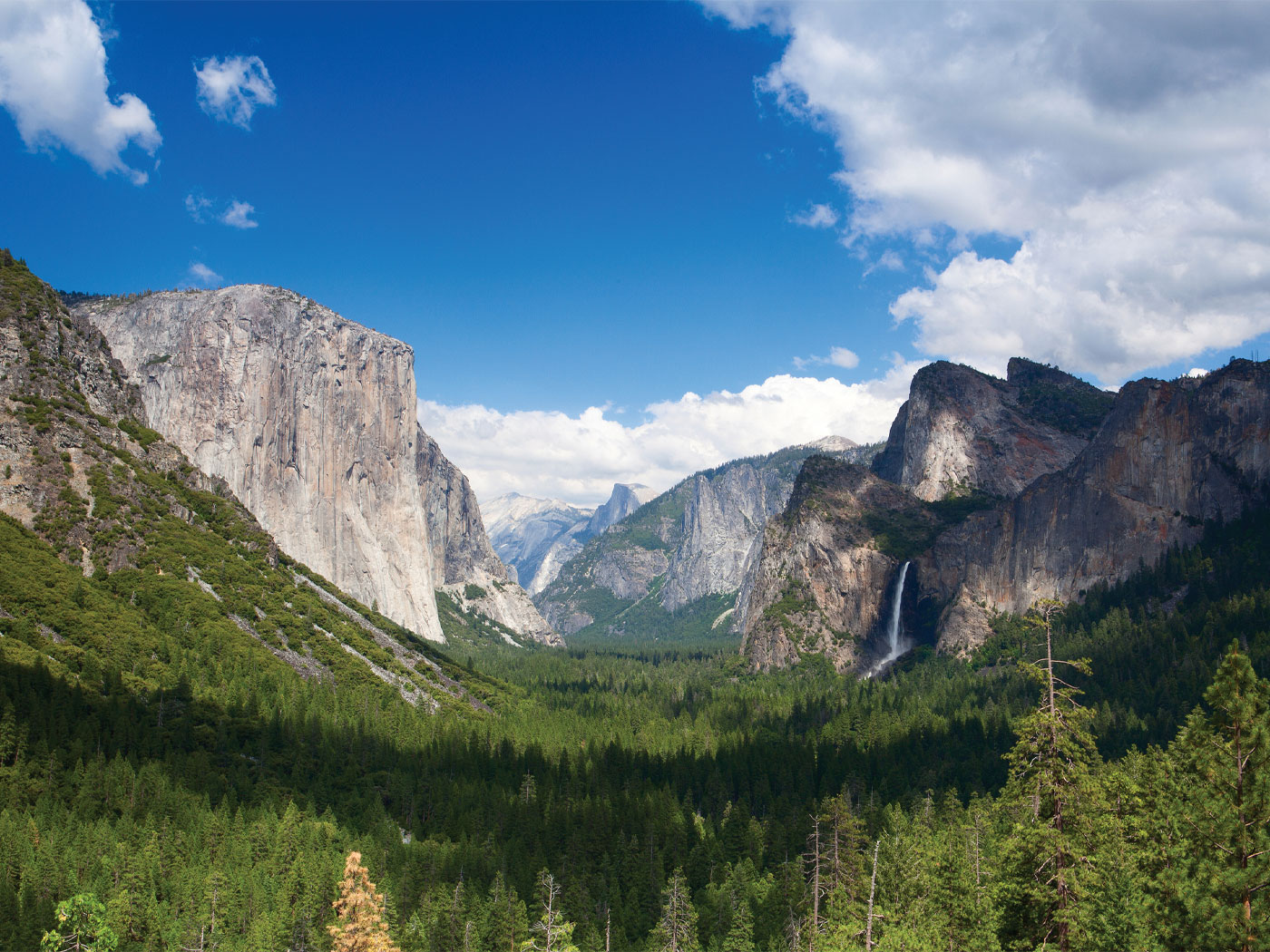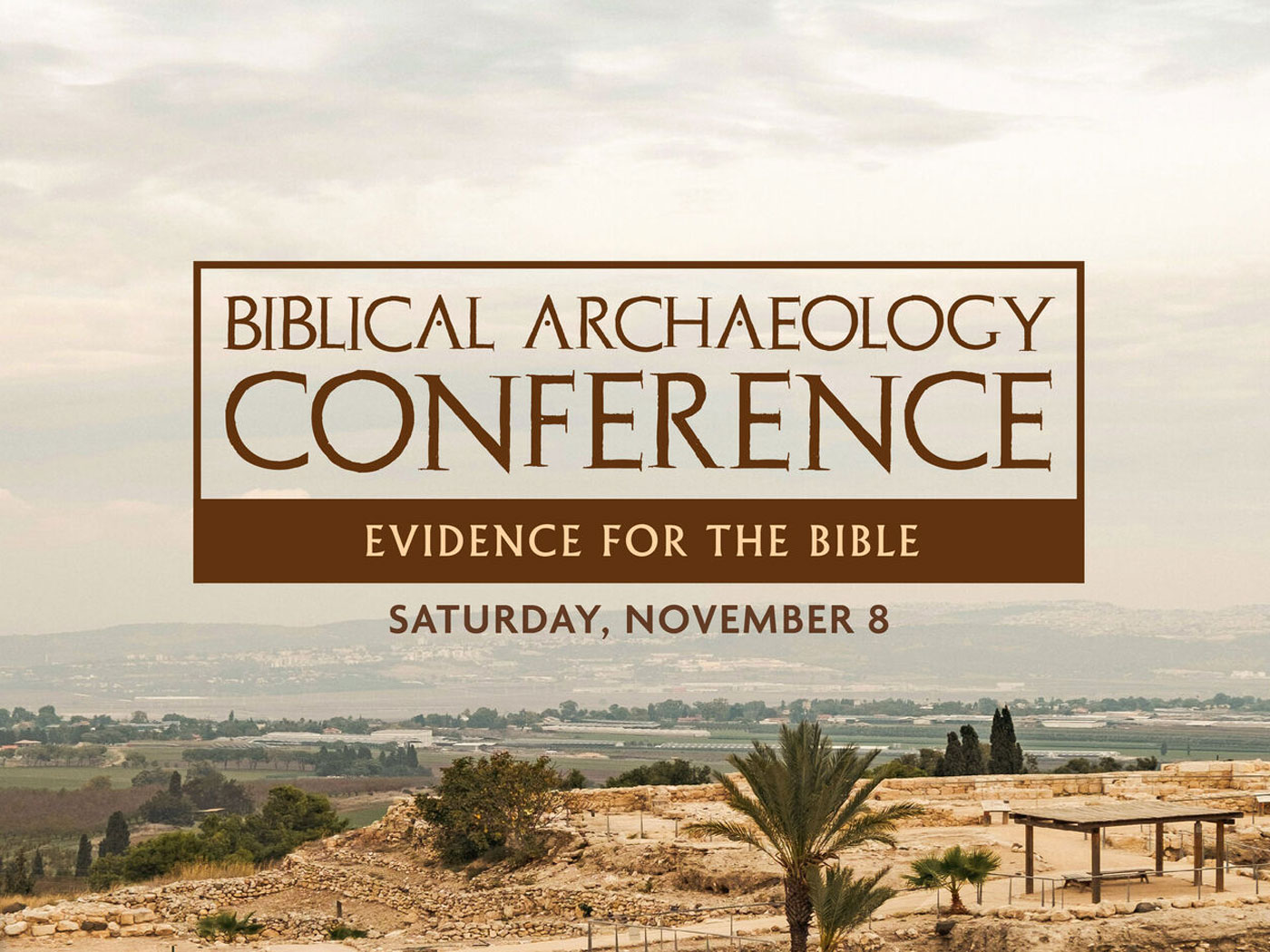"And every living substance was destroyed which was upon the face of the ground, both man, and cattle, and the creeping things, and the fowl of the heaven; and they were destroyed from the earth: and Noah only remained alive, and they that were with him in the ark." (Genesis 7:23)
People today are concerned about the eventual depletion of the oil and coal supplies of the world. The economics of all the world's nations are largely dependent upon these "fossil fuels," as they are called.
And they are called "fossils" because they apparently once were living organisms, somehow buried in vast sediments and later compressed and converted into oil and coal and combustible gas. How could this have happened?
Evolutionists speculate that hundreds of millions of years of slow processes must have been involved, but the details of such processes are very uncertain. Coal and oil can be produced in a matter of hours in modern laboratories under appropriate conditions of heat and pressure. Recent studies by creation scientists have proved that at least the great coal beds (and even diamond mines) contain modern radiocarbon, so must have been formed recently.
Although evolutionists ridicule the idea of a world-destroying hydraulic cataclysm in Noah's day, that phenomenon really does provide the most reasonable explanation for all these phenomena. "The world that then was, being overflowed with water, perished" (2 Peter 3:6).
Isn't it ironic that the whole world's economy has come to depend on that orgy of death imposed on a wicked world in its early days? Without the energy stored in these dwindling fossils, man's rush toward greater sin and judgment in these latter days would almost certainly be hindered. In the meantime, "The Lord shall laugh at him: for he seeth that his day is coming" (Psalm 37:13). HMM























